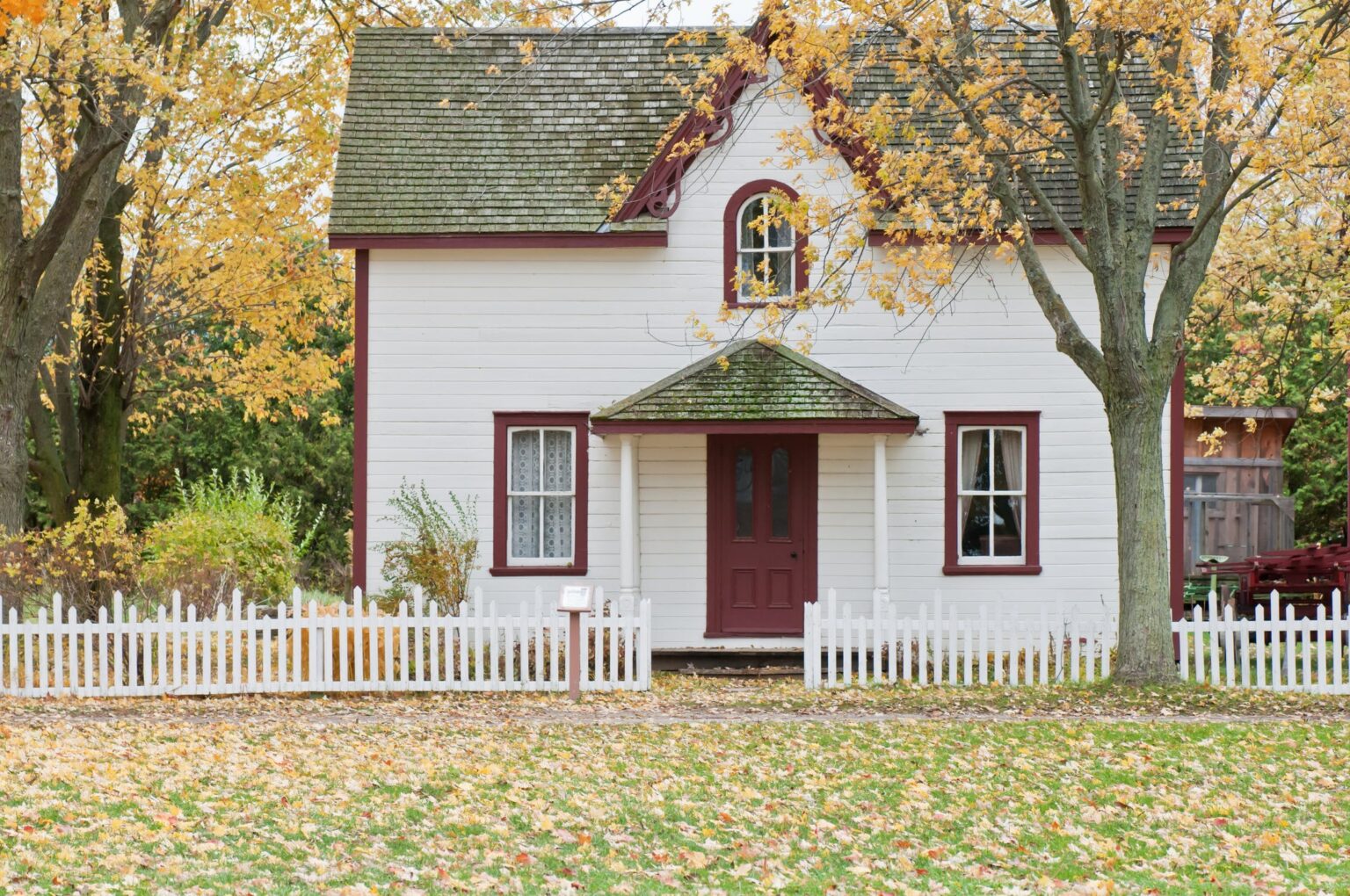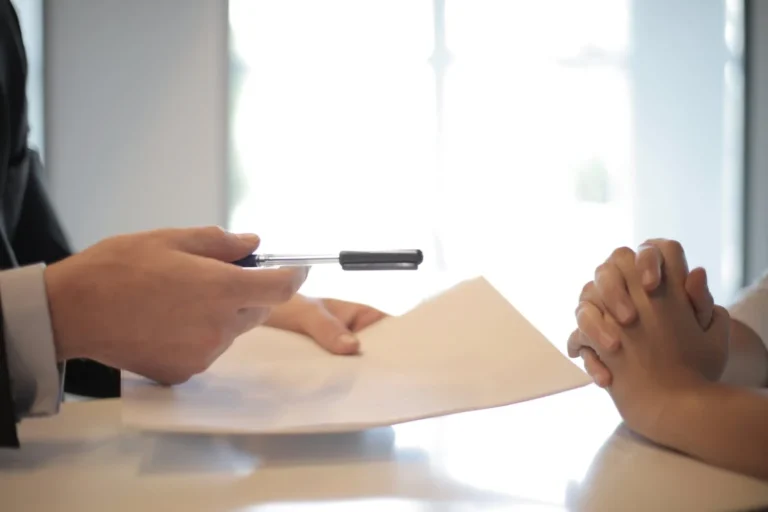State and federal laws determine what happens to a home and the mortgage when the owner dies, explains Forbes’ recent article entitled “What Happens To Your Mortgage Debt When You Die?” The owner also has a say, provided they do some basic estate planning—like creating a will or trust, designating beneficiaries and perhaps purchasing life insurance.
When you pass away, all of your liabilities and assets—including your house—become part of your estate, which then must be settled. If you have a will, you’ve named an executor to handle this. Part of this responsibility is to take inventory of everything you own and determine who gets what among heirs and creditors. However, if you die without a will or trust, state probate court will direct the court to appoint someone to settle your estate. It’s typically a spouse, an adult child, or closest relative. Whoever this person is, he or she must determine who is named on the deed, who holds the title to your home and whether you have created a living trust or transfer-on-death deed to keep your home out of probate. This can save your heirs money and can expedite the property’s transfer.
If you’re the sole owner and don’t have a living trust or transfer-on-death deed, but you made a will and want to transfer your home to an heir, here’s what would happen next.
If your will names an heir to your home, that person will not have to take over your mortgage, provided they aren’t co-borrowers or co-signers on your loan. However, federal law does allow your heirs to take over the mortgage. If you leave your mortgaged home to your son, for example, the mortgage servicer must honor his request to become the new mortgagee (the borrower). He doesn’t have to qualify and demonstrate an ability to repay the loan. This rule covering the assumption of a mortgage also applies after the death of a spouse, although many spouses are often co-borrowers on a mortgage and co-owners of a home already. Despite the fact that most mortgages have a due-on-sale clause that normally requires the mortgage to be repaid in full when the property’s ownership changes, it doesn’t apply when an heir takes over.
However, the lender still can foreclose, if the assumed heir stops making payments. You can provide funds, by leaving your heir other assets or by naming them as a beneficiary on a life insurance policy.
If you die with other debts that can’t be repaid from your estate, state law may require the executor to sell your house to help repay those debts. If the proceeds from selling the home are more than the debts owed, the individual(s) who inherits your house will get the excess. Life insurance can help repay your debts at death, so your heir can inherit your home.
Note that your estate doesn’t have to pay off your mortgage. Since your mortgage is secured by your home, the mortgage servicer can foreclose and sell the home to get back the money owed.
If you’re an heir or an executor of an estate (or both), you’ll need to deal with the house and the mortgage when the homeowner dies. You can do any of the following:
- Keep making mortgage payments
- Pay off the mortgage
- Refinance the mortgage
- Sell the home; or
- Let the lender foreclose.
Reference: Forbes (April 20, 2021) “What Happens To Your Mortgage Debt When You Die?”











